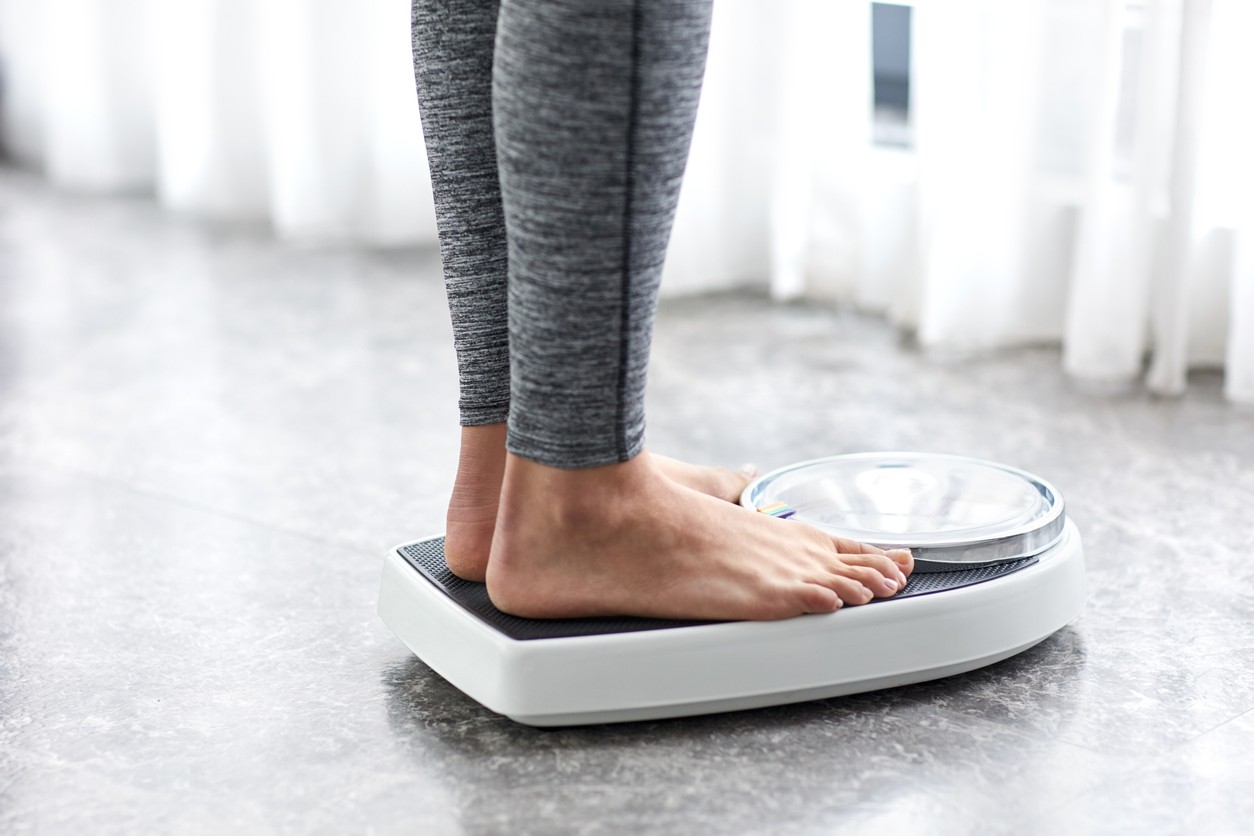7 Habits You Need to Break Before 50

The lifestyle choices we make when younger can have a significant impact on how we age, and how healthy we will be. “Many factors influence healthy aging,” says the National Institute on Aging. “Some of these, such as genetics, are not in our control. Others — like exercise, a healthy diet, going to the doctor regularly, and taking care of our mental health — are within our reach.” Here are 7 habits to break before 50, according to experts.
RELATED: 7 “Healthy” Habits That Are Bad For You.
1
Ignoring Heart Health

Ignoring heart health is particularly unwise once you reach 50—take steps now to meet your 50s fighting-fit. “As we get older, the risk of experiencing a heart attack increases,” says Antreas Hindoyan, MD, a cardiologist at Keck Medicine of USC and assistant professor of clinical medicine at the Keck School of Medicine of USC. “A combination of a healthy diet and routine exercise is what we prescribe to our patients for reducing their risk of coronary artery disease. I can’t extol the benefits of cardiovascular exercise enough. Ideally, people should partake in 30 minutes of moderate-intensity cardiovascular activity, such as walking five times a week, or 25 minutes of vigorous cardiovascular activity at least three times a week.”
2
Ignoring Dental Hygiene

It’s important to maintain good dental hygiene as you approach 50. “You might have told your young ones to practice good dental health,” says Deborah Gordish, MD, via The Ohio State University Wexner Medical Center. “That’s increasingly important for those over 50, too. Gum disease and poor dental hygiene are linked to coronary disease. Getting in the habit of elevating your oral hygiene now can decrease that risk in the future.”
3
Smoking

Stopping smoking at any age can only be good for you! “In as little as 24 hours of stopping smoking, there is a decrease in risk of a heart attack,” says Johns Hopkins Health. “As for longer-term benefits, Johns Hopkins researchers, in conjunction with scientists from other centers, have found that quitting decreased middle-aged smokers’ risk of dying early by almost half.”
4
Letting your Weight Creep Up

Maintaining a healthy weight is key for mobility and wellness in your 50s. “This tip might be the hardest of all to perform. That’s because it’s harder to lose weight as you age, because of decreasing metabolism,” says Dr. Gordish. “Still, set goals to decrease your abdominal fat and central fat. It requires a combination of diet and exercise, so eat those veggies.”
RELATED: 5 Things To Stop Doing in Your 50s.
5
Eating an Unhealthy Diet

Start eating a nutritious, healthy diet based on whole foods. “Much of the research shows that the Mediterranean-style eating pattern, which includes fresh produce, whole grains, and healthy fats, but less dairy and more fish than a traditional American diet, may have a positive impact on health,” says the NIA. “Even if you haven’t thought much about healthy eating until recently, changing your diet now can still improve your well-being as an older adult. If you are concerned about what you eat, talk with your doctor about ways you can make better food choices.”
6
Letting Stress Take Over

Stress can negatively impact your health—don’t let it. “Learn relaxation and stress-management techniques, and plan for stressful events that might be forthcoming,” says Dr. Gordish. “Not only are many 50-year-olds these days caring for their older children, they also may need to look after elderly parents. That can be quite stressful. Yoga, meditation or simply a daily relaxing walk can become your favorite new routine.”
7
Not Getting Enough Sleep

Good quality sleep—at least 7 hours a night—is crucial for health and wellness after 50. So if you’re not getting enough sleep, now is the time to start working on developing good habits. “There are many things you can do to help you sleep better, such as following a regular sleep schedule,” says the NIA. “Try to fall asleep and get up at the same time each day. Avoid napping late in the day, as this may keep you awake at night. Exercise can help you sleep better, too, if it isn’t too close to bedtime. Research suggests that behavioral interventions, such as mindfulness meditation, can also improve sleep quality.”